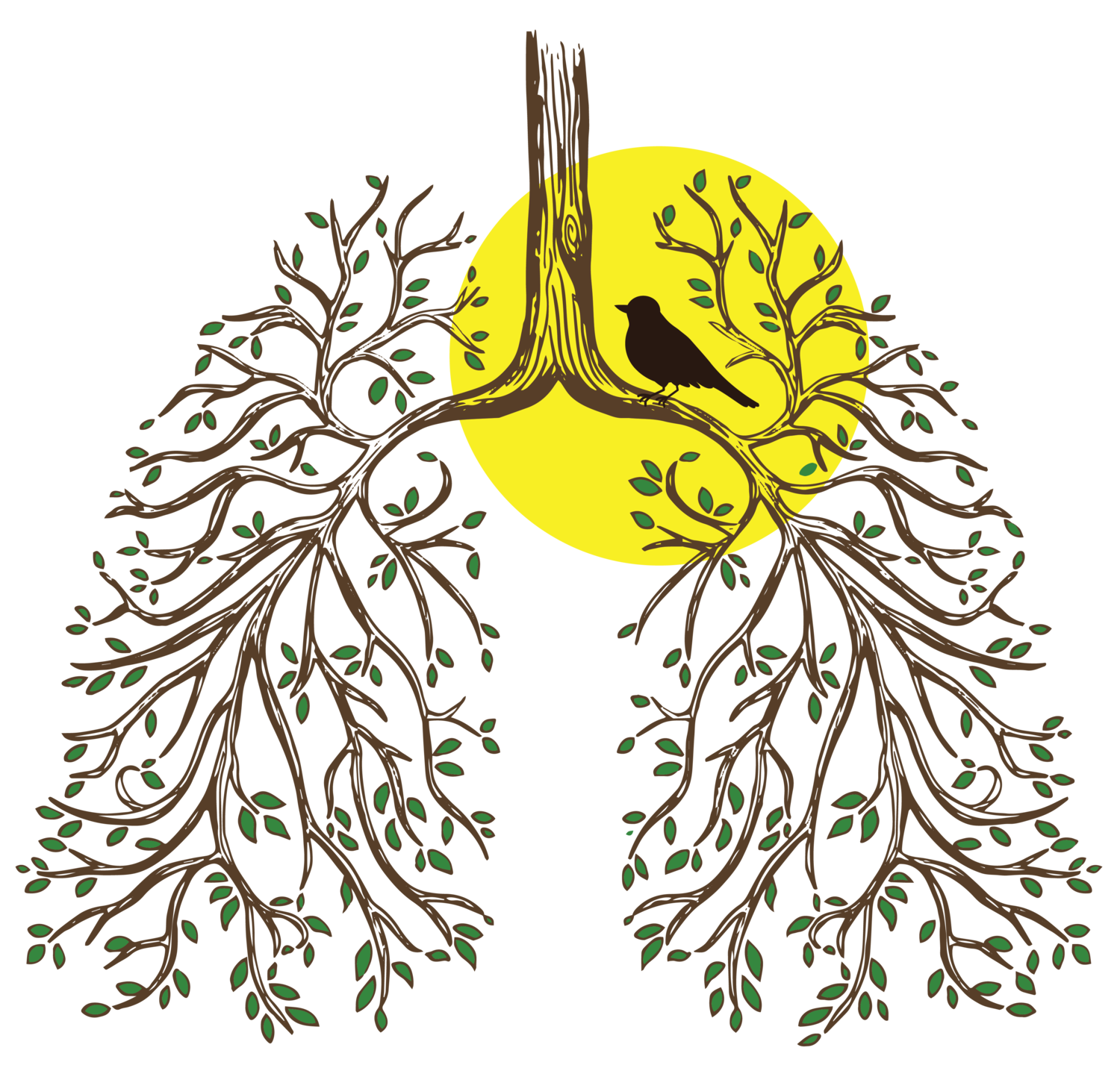School with PCD
It was only five years ago that we sent our baby living with PCD off to kindergarten, and THIS mom ugly-cried for about a week. Don’t get me wrong. There were moments of excitement that lived in the freedom that awaited me. AND there was also pure terror and heartache in knowing we now had to trust the school system to not only educate our kid, but also keep him safe from germs and bad air, remind him to blow his nose, to cough until he completely clears out his lungs, spit it out, wash his hands, and basically to fill in for ME, his highly concerned and doting mother.
Not long after his diagnosis of Primary Ciliary Dyskinesia, we learned that some people with PCD are home-schooled because they are high risk for sickness and infections. We learned that some people with PCD go to school but then are sick and out of commission for much of each school year. We also learned that some kids go to school and thrive, usually with some precautions in place. We were determined to be the latter. Or at least give it a go, and then be flexible to what might come. I truly believe there is no right answer and that everyone’s needs are different.
So for the years leading up to this point, we knew we had to ingrain the habits in him that help in keeping him healthy. My goal was to make my voice HIS inner voice:
“Yay! Cough it out!”
“Good! Go spit it out!”
“Ooh, that person coughing seems sick, let’s give them space.”
“Can you tell you have snot in your nose? Go blow it out.”
By the time he was to begin his full time school career away from mom, I actually think he was ready to do it on his own. Of course, I had to set in place some structures that could help him succeed. This included:
Setting up a 504 Plan
A letter to the school to explain PCD (written by the PCD Foundation)
A list of classroom accommodations
A letter to the parents in Elliot’s class (I took bits from the letter to the school and personalized it to target the parents of students). I only sent this out in preschool and kindergarten.
With my son’s permission, I went into the classroom and spent about 10 minutes explaining what PCD is, and the things that they will see Elliot doing (coughing, coughing and spitting, blowing his nose a lot, moving away from them if they are sick or have a cough)
To Share or Not to Share?
Can you guess which route we took??? This is something we did consider deeply, while he was still very young; whether to be private or open about his condition. This decision is personal for each parent of someone with PCD and for the person WITH PCD. When thinking about how a young kid is going to feel about making their different-ness being known to their peers, it was a tough decision…UNTIL someone suggested to us that by keeping it “hush-hush,” he might feel like his disease is something to be ashamed or embarrassed of. We quickly adopted the mindset that we want his having PCD to be a “normal” thing for him. Yes, it is something that makes him unique, AND ALSO, so do his dimples. So does his love for cats and axolotls. So does his family.
We have taught him that EVERYONE has something that makes them different. Sometimes they are things we can visibly see, sometimes they are invisible. But everyone has SOMETHING. Having PCD is just ONE of his things. I find that this mindset also teaches inclusion of others and the Things that THEY bring to the table that make THEM different.
A couple of other factors in deciding to share about PCD with the students and parents was that we wanted people to understand WHY he was coughing and spitting, and blowing his nose throughout the day. WHY he was moved from someone that has a runny nose and a cough. I believe kids can be trusted with this knowledge about our son in order to understand, be less judgmental, and make efforts to help keep him safe.
Things We Do at Home
Wash hands immediately after coming home from school
When he was younger, we used to have him change from his school clothes when he got home. I’m not sure if this helped or not, but it felt like a worthwhile precaution at the time.
Try to drink lots of water
Healthy eating
Good night sleep
This was a schedule I made when our son with PCD was in school AND doing an added inhaled breathing treatment in the mornings and evenings. Waking up early was soooooo hard. We still get up early (6:00 am) to get to school on time. Staying on schedule was and is also difficult…but a good night sleep is important in order to start it all over again! Oy.





